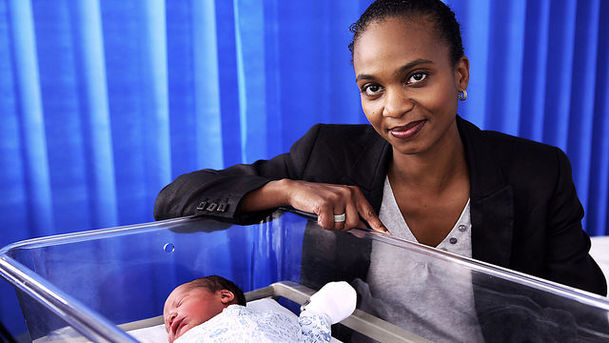Growing Babies - War in the Womb

Laverne Antrobus investigates the theory of foetal-maternal conflict, an idea championed by Harvard evolutionary biologist Professor David Haig and controversially believed by some to be to blame for a wide range of behavioural and psychological disorders such as Tourettes, depression and autism. On a biological level at least, the odyssey of pregnancy is dogged by conflict. It begins with the battle between 500 million sperm to reach the single egg, through the aggressive tactics employed by the cells of the placenta as they invade the wall of the uterus, to the escalation of hormones in later pregnancy that have been likened by some to a kind of hormonal cold war between mother and baby. Antrobus discovers how the symptoms of pre-eclampsia in the mother are driven by the foetus lashing out for survival when the placenta begins to fail. She meets Dr Ananth Kuramanchi, the scientist who believes he has found the smoking gun of pre-eclampsia - a protein produced by foetal tissue that is capable of totally remodelling the maternal bloodstream to suit the foetus's goals. Finally, Antrobus explores how conflict in the womb permeates the foetal genome as she investigates one of the most recent discoveries in genetics, genomic imprinting. She discovers how the genes of mother and father employ strategies of cunning and subterfuge to suit their own selfish ends.